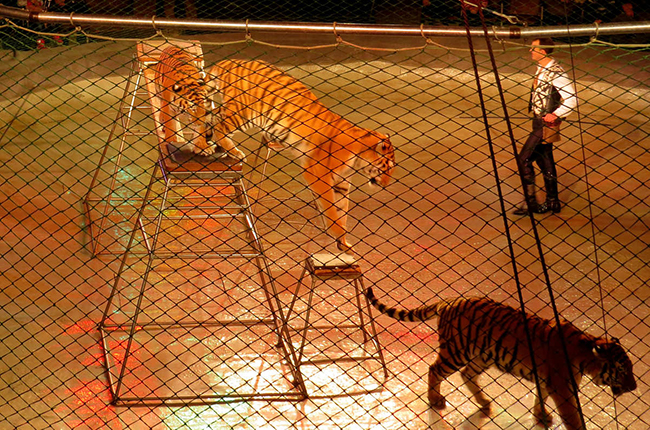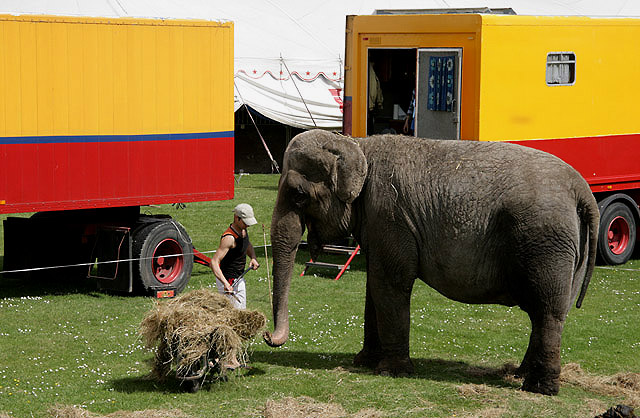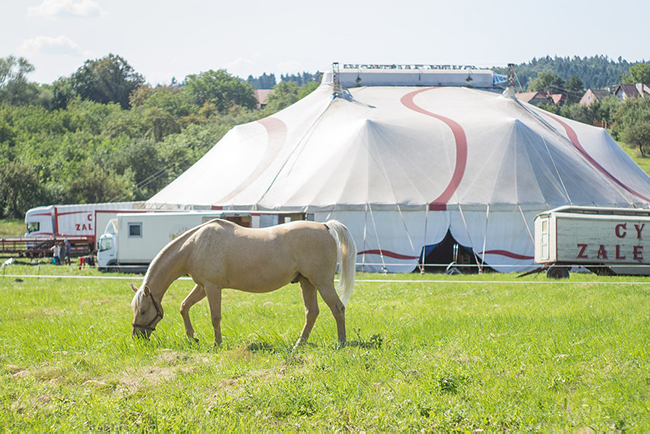Despite David Cameron pledging to change the law surrounding wild animals being used in circuses over five years ago, the Welsh Assembly have finally proposed a ban.

Over 1000 people have signed a petition to ban the use of wild animals in circuses throughout Wales due to inhumane treatment and neglect, said the animal welfare charity, RSPCA Cymru.
The Welsh Assembly have confirmed that they are “exploring opportunities to bring forward legislation to ban the use of wild animals in circuses in Wales” after 74% of people surveyed said that this issue requires urgent attention.
Animal welfare charities have labelled the ban as a ‘momentous’ time for wild animals and protesters, as their campaign has been ongoing for almost two decades.
Claire Lawson, RSPCA Cymru’s Assistant Director of External Relations, said: “The RSPCA has fought for years to see this ban become a reality – and we are absolutely delighted that the Welsh Government has confirmed its intention to bring forward legislation to end this outdated and cruel practice on this country’s soil.
“Wild animals have had their welfare compromised in the circus environment for far too long – and the RSPCA has taken this message to all corners of Wales, via a petition, street stalls and hundreds of campaigner emails sent directly to the Cabinet Secretary, as part of a wide-ranging public campaign.
“This ban makes a huge statement about how highly animal welfare is regarded in Wales, and how this country wants to treat our fellow living creatures. RSPCA Cymru will now work closely with the Welsh Government and all stakeholders to ensure this ban becomes a reality as soon as possible.”
Whilst animal welfare charities have been campaigning for decades to ban the use of wild animals in circuses, there have been hundreds of incidents which have highlighted neglect and abuse of animals in the UK.
In 2015, Animal Defenders International (ADI) hid a device in Bobby Roberts’ Super Circus due to concerns about the wellbeing of an elephant who had travelled with the circus since birth.

Despite the RSPCA claiming that the elephant was kept in an acceptable environment, the ADI’s video footage found that an employee of the circus was seen assaulting the elephant with a pitchfork over 40 times.
Furthermore, in January 2017, several eyewitnesses saw lions and tigers being kept in compact conditions in a travelling circus which was set up directly next to the M6 motorway.
RSPCA’s Claire Lawson further added that wild animals do not belong in the circus.
“Put simply, it is a life not worth living – with regular travelling, unsuitable accommodation and forced training being the grim realities of this cruel practice. Thankfully, after tireless campaigning from the RSPCA and others – animals will no longer face this horrendous life.”
Liz Tyson, from an international wildlife charity called the Born Free Foundation, said: “We are delighted that Wales is taking the important step of banning the use of wild animals in travelling circuses.
“It seems common sense and compassion have prevailed and we congratulate the Welsh Government on their decision. We hope to see legislation enacted in Wales as soon as possible and this outdated and unpopular practice consigned to the history books for good”.
A circus owner, who wishes to remain anonymous, said that he does not feel as though his animals were inhumanely treated.
“We have always done everything we possibly can to look after our horses, birds and animals. I’ve stopped using them now due to the backlash. I am concerned as to what will happen now with these animals when the ban is fully implemented across England and Wales. These animals have never known any different.”

With the Scottish government criminalising the use of wild animals in circuses in December 2017, changes in legislation will now be initiated throughout Westminster and other devolved bodies of government throughout 2018.
The UK government hopes to see the ban fully implemented across the UK by the end of 2020.
To find out how you can support the Welsh Government’s recent change in legislation, see here for more details.
